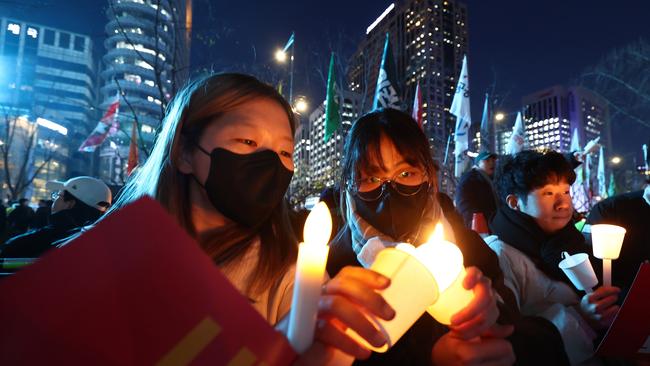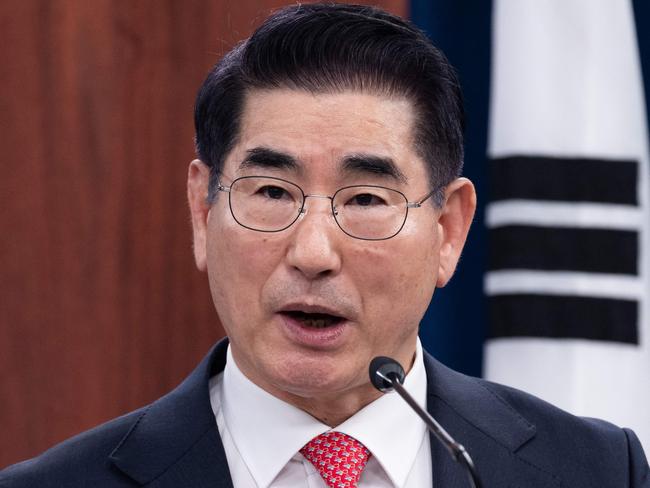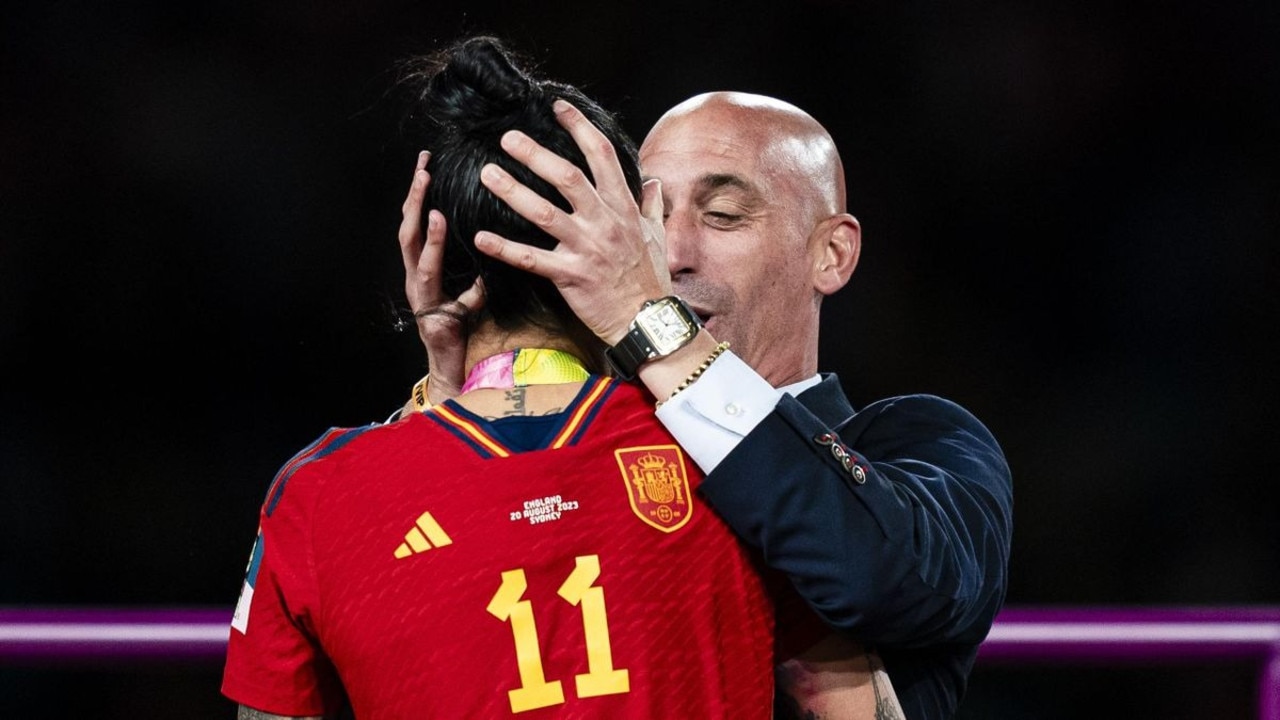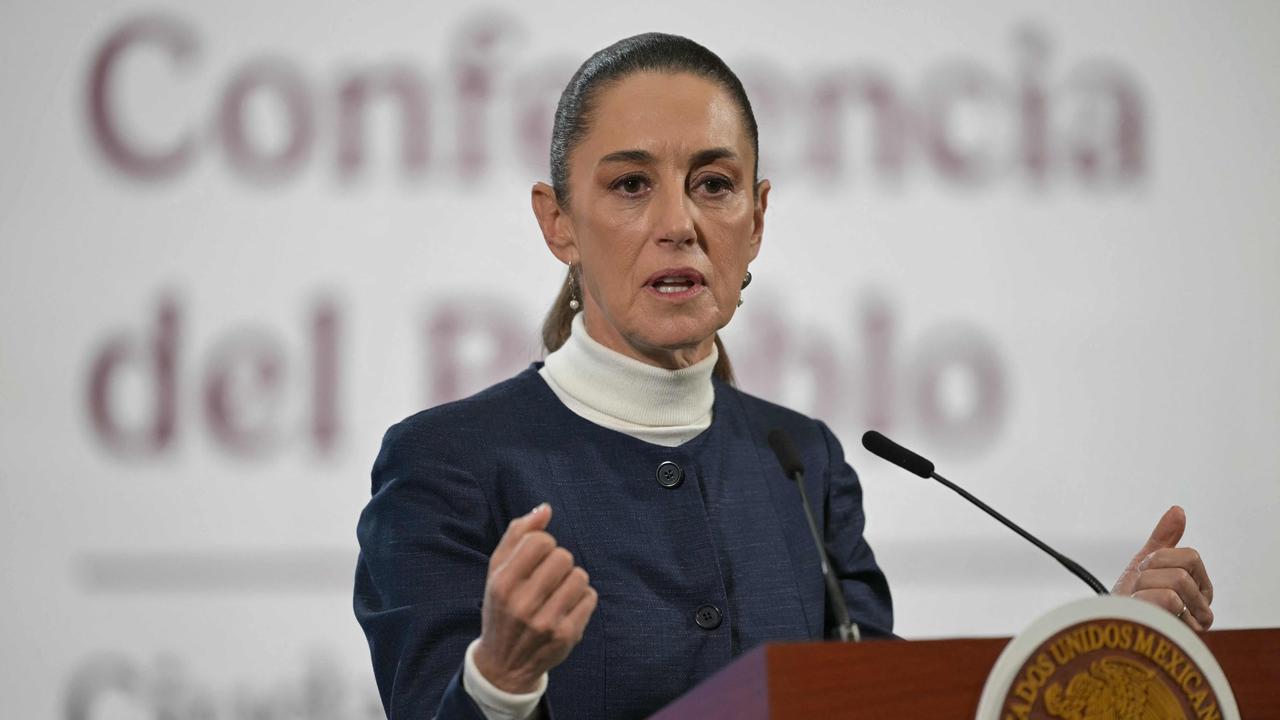South Korean president clings to power after martial law U-turn
South Korean President Yoon Suk Yeol is still clinging to power, with his party announcing they will oppose an impeachment motion after his short-lived imposition of martial law stunned the world

South Korean President Yoon Suk Yeol was clinging to power on Thursday, with his party announcing it would oppose an opposition impeachment motion put forward after his stunning but brief imposition of martial law.
Mr Yoon suspended civilian rule late on Tuesday and deployed troops and helicopters to parliament only for politicians to vote down the measure and force him into a U-turn in a night of protests and drama.
Seoul’s allies were alarmed – Washington said it found out via television – and on Wednesday, the opposition filed an impeachment motion saying Mr Yoon “gravely violated the constitution and the law”.
The opposition aims to bring the bill to a vote on Saturday, Yonhap reported. It holds a large majority in the 300-member legislature and needs only a handful of defections from Mr Yoon’s People Power Party (PPP) to secure the two-thirds majority needed to pass.
On Thursday, the PPP leader said while he had asked Mr Yoon to leave the party, he would block the impeachment motion.
Han Dong-hoon told reporters his party was “not trying to defend the President’s unconstitutional martial law”.
“All 108 politicians of the People Power Party will stay united to reject the President’s impeachment,” the party’s floor leader, Choo Kyung-ho said.
If the motion passes, Mr Yoon will be suspended pending a verdict by the Constitutional Court. If the judges give the nod, Mr Yoon will be impeached and new elections must happen within 60 days.
Mr Yoon, who has lurched from crisis to crisis since taking office in 2022, has not been seen in public since his televised address in the early hours of Wednesday.
On Thursday, his office said Defence Minister Kim Yong-hyun had resigned, but other key allies including Interior Minister Lee Sang-min remained in office.
Mr Yoon’s martial law declaration was the first in more than four decades in South Korea and brought back painful memories of the country’s turbulent past.
The move was to “safeguard a liberal South Korea from the threats posed by North Korea’s communist forces and to eliminate anti-state elements plundering people’s freedom and happiness,” Mr Yoon said.

A six-point decree from the army chief banned political activities and parties, “false propaganda”, strikes and “gatherings that incite social unrest”.
Security forces sealed the National Assembly, helicopters landed on the roof and almost 300 soldiers tried to lock down the building, seemingly to prevent politicians from entering.
As parliamentary staffers blocked the soldiers with sofas and fire extinguishers, enough MPs – some leaping over barriers – got inside and voted down Mr Yoon’s move.
This brought cheers from the hundreds of protesters braving bitter temperatures outside, many waving national flags and chanting for Mr Yoon to be arrested.
Politicians formally presented the impeachment motion in the early hours of Thursday, saying Mr Yoon’s decision to impose martial law was intended to “evade imminent investigations … into alleged illegal acts involving himself and his family”.
“This is an unforgivable crime – one that cannot, should not, and will not be pardoned,” MP Kim Seung-won said.
The main opposition Democratic Party has also filed a complaint of “insurrection” against the President, ministers and top military and police officials – which can carry a penalty of life imprisonment or even death.
In a show of public anger, thousands of protesters converged around Mr Yoon’s office in Seoul late on Wednesday after staging a rally in Gwanghwamun Square, demanding his resignation.
The US has some 30,000 troops stationed in South Korea to help protect its ally against the nuclear-armed North.
US National Security Adviser Jake Sullivan on Wednesday said Mr Yoon’s imposition of martial law “raised deep concern for us” while praising the National Assembly for operating “according to constitutional processes and procedures” to rescind it.
“South Korea’s democracy is robust and resilient, and we’re going to continue to speak out publicly and engage privately with South Korean counterparts to reinforce the importance of that continuing,” Mr Sullivan said.
China, a key ally of North Korea, urged its citizens to exercise caution, while Russia – increasingly close to Pyongyang – called the situation “alarming”.
Japan, whose historically prickly relations with Seoul have thawed under Mr Yoon, said it was following the situation with “exceptional and serious concerns”.
AFP


